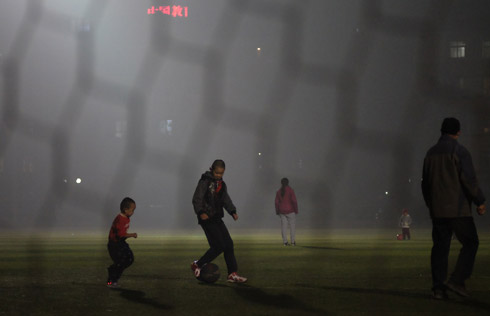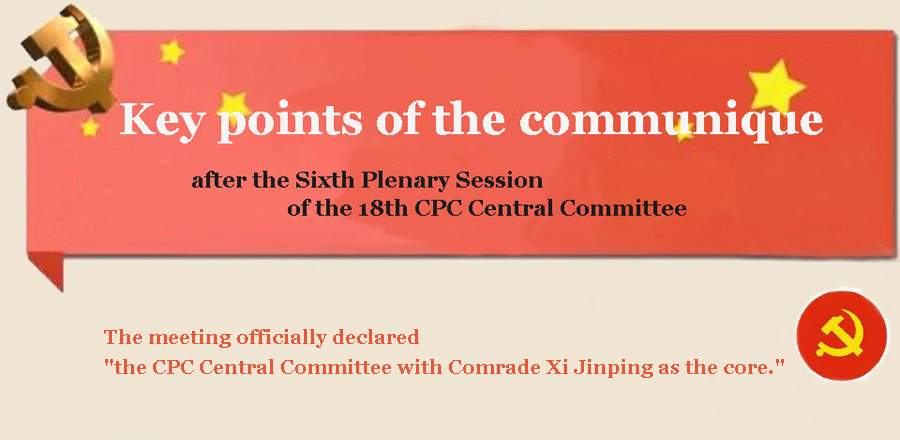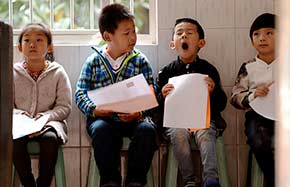Expert defends China's Internet management
BEIJING - A Chinese legal expert on Monday refuted criticisms from the Human Rights Watch (HRW) on the country's supervision of the Internet and social networking services.
A HRW report released last Thursday alleged that Chinese government's restrictions on Internet users violated the freedom of expression.
Wang Sixin, a professor of law with the Communication University of China, said in an article published by Xinhua Monday that such accusations are groundless and misrepresenting.
As a result of years of fast growth in relevant sectors, the role of the Internet in boosting China's economic growth and development in democracy is becoming increasingly important and irreplaceable, Wang said in his article "Such a Human Rights Observation!"
Chinese government's dedication in developing Internet infrastructure had enabled the public to use such a borderless, accessible yet decentralized platform to "seek, receive and impart information and ideas," to discuss public affairs and breaking events, wrote Wang.
Wang also added that such a platform also improves the technical and material foundation for each individual's human rights in terms of one's freedom of opinion and expression.
In the meantime, Wang quoted Confucius as saying "Do not impose on others what you yourself do not desire" and further explained that one should not use his or her unlimited "freedom" to harm other people's legitimate rights or social orders.
Therefore, it is necessary to incorporate legal supervision and guidance to the flow of information online, as well as safeguard measures against illegal activities, according to Wang.
To achieve this, both the government and Internet service providers (ISPs) have their obligations, said Wang, adding that it is the government's duty to put in place proper rules for the sector, implement them and punish those offenders.
While using the Internet, web users were also encouraged to bear in mind the Terms of Services they signed up to and use their own discretion in posting information or expressing an opinion online.
When users fail to guarantee the authenticity or legality of the information they posted, such information may mislead other viewers or even damage the quality of services and the public images of ISPs, said Wang.
Under such circumstances, Wang said, ISPs should have the rights to, and actually are obligated to, guide and restrain the content on their servers in accordance to the Terms of Services and legal rules.
Therefore, ISPs operations on restraining users' activities online is actually a contract-based relation between equal parties and should not be labeled as interferences to users' freedom of expression, stressed Wang.
In conclusion, Wang noted that the HRW report failed to provide supporting facts to its allegations and has poor logic in formatting the accusation.




















